
Pope Clement XIII, born Carlo della Torre di Rezzonico, was head of the Catholic Church and ruler of the Papal States from 6 July 1758 to his death in February 1769. He was installed on 16 July 1758.
Vincent of Lérins was a Gallic monk and author of early Christian writings. One example was the Commonitorium, c. 434, which offers guidance in the orthodox teaching of Christianity. Suspected of semi-Pelagianism, he opposed the Augustinian model of grace and was probably the recipient of Prosper of Aquitaine's Responsiones ad Capitula Objectionum Vincentianarum. His feast day is celebrated on 24 May.

Nathaniel Lardner was an English theologian.

Niccolò Piccinni was an Italian composer of symphonies, sacred music, chamber music, and opera. Although he is somewhat obscure today, Piccinni was one of the most popular composers of opera—particularly the Neapolitan opera buffa—of the Classical period.
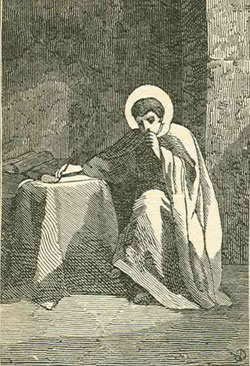
Prosper of Aquitaine, a Christian writer and disciple of Augustine of Hippo, was the first continuator of Jerome's Universal Chronicle.
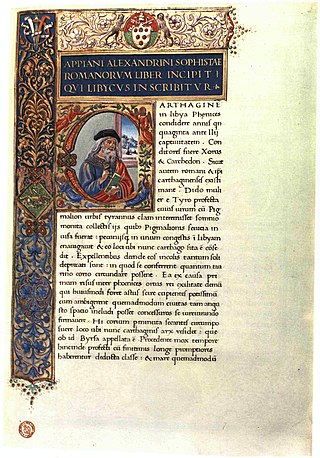
Appian of Alexandria was a Greek historian with Roman citizenship who prospered during the reigns of Emperors of Rome Trajan, Hadrian, and Antoninus Pius.

Robert Smith was an English mathematician.
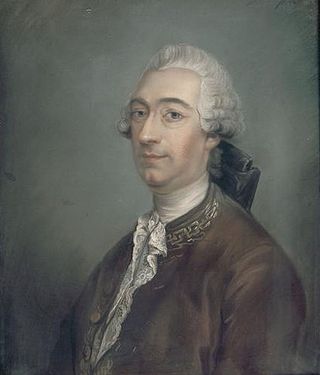
Claude Prosper Jolyot de Crébillon, called Crébillon fils or Crébillon le Gai to distinguish him from his father, was a French novelist.
Edward Capell was an English Shakespearian critic.
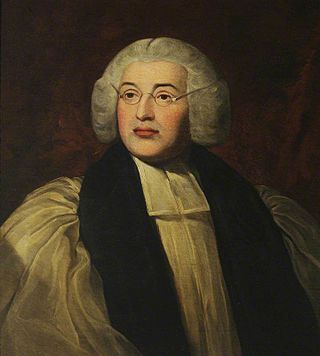
George Horne was an English churchman, academic, writer, and university administrator.

Nikolaus Joseph Freiherr von Jacquin was a scientist who studied medicine, chemistry and botany.

James Adam was a Scottish architect and furniture designer, but was often overshadowed by his older brother and business partner, Robert Adam. They were sons of architect William Adam.
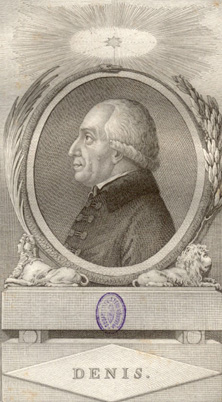
Johann Nepomuk Cosmas Michael Denis, also: Sined the Bard, was an Austrian Catholic priest and Jesuit, who is best known as a poet, bibliographer, and lepidopterist.

Thomas Hudson was an English painter, almost exclusively of portraits.
Giambattista Almici was an Italian jurist.

Bernard-Joseph Saurin was a lawyer, poet, and playwright.
Giovanni Battista Carboni was an Italian sculptor, painter, and writer of Le Pitture e Sculture di Brescia. He was active during Baroque period, mainly in Brescia.

Ramiro Rampinelli, born Lodovico Rampinelli, was an Italian mathematician and physicist. He was a monk in the Olivetan Order. He had a decisive influence on the spread of mathematical analysis, algebra and mathematical physics in the best universities of Italy. He is one of the best known Italian scholars in the field of infinitesimal mathematics of the first half of the 18th century.
Robert Carey Sumner (1729–1771) was Master of Harrow School in England.













